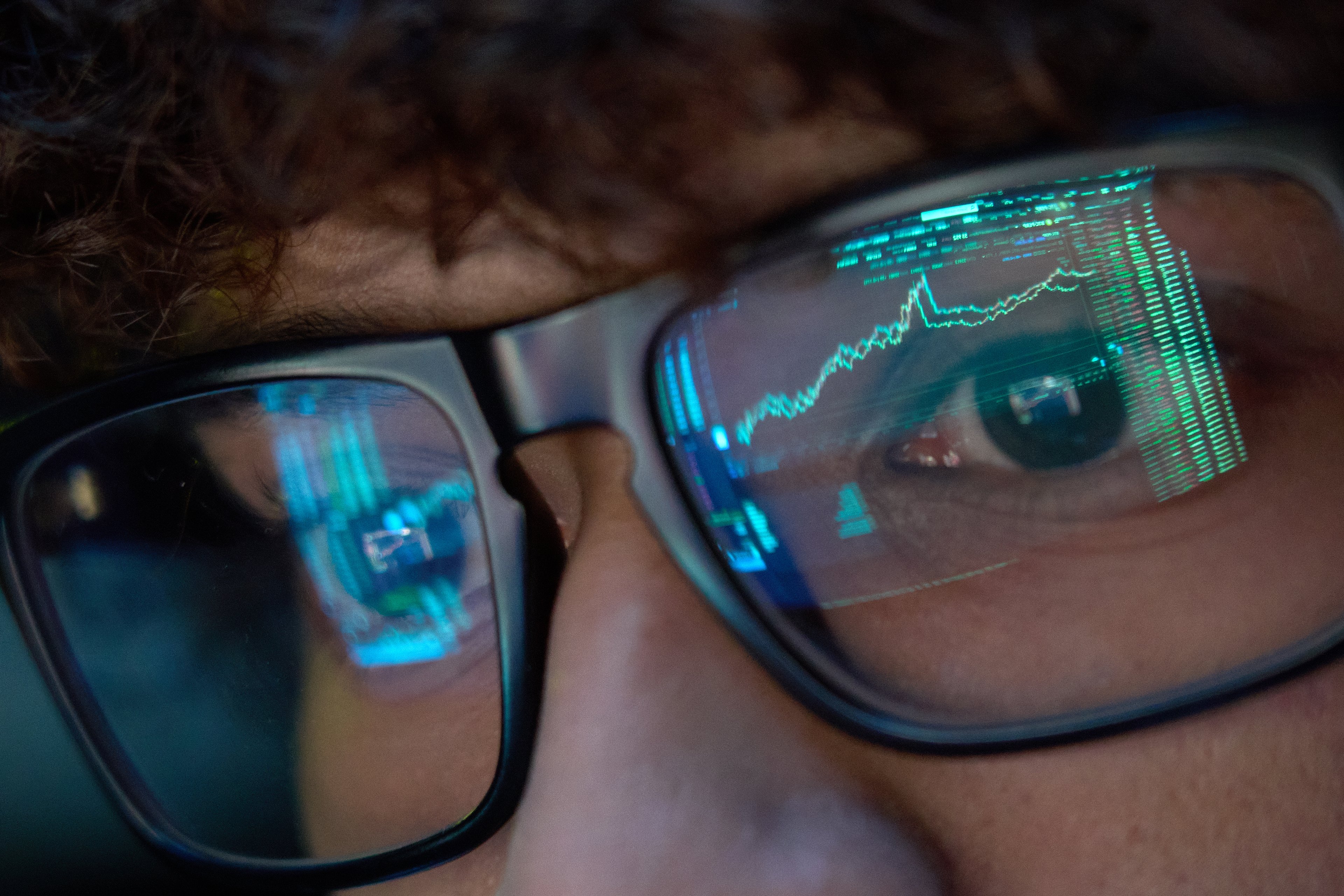Teva Pharmaceuticals (TEVA 1.82%) is the world's largest manufacturer of generic drugs. The company is going through numerous challenges at the moment, among them being the exit of former CEO Jeremy Levin, poor third-quarter results, and -- perhaps the biggest worry -- the imminent loss of patent protection for its leading multiple sclerosis drug Copaxone in May 2014. Copaxone accounts for 21% of Teva's drug sales each year.
The loss of patent protection on a blockbuster drug for any drug manufacturer can have devastating effects. Let's examine how the loss of patent protection for other leading drug manufacturers has panned out.
Pfizer
Pfizer (PFE 0.93%) lost patent protection on its cash cow and hugely popular cholesterol-lowering drug Lipitor in 2011. Lipitor was so popular that it was at one time the world's best-selling drug, raking in $9 billion in annual sales for Pfizer. Total lifetime sales for Lipitor stands at a whopping $140 billion, easily dwarfing Bristol-Myers Squibb's second-placed blood thinning drug Plavix with about $74 billion lifetime sales.
From a high of $9 billion per year, Pfizer managed to sell Lipitor worth only $3.9 billion in 2012, aptly demonstrating how badly loss of exclusivity hits their owners. In the one year Lipitor faced full competition from generic drug manufacturers, global Lipitor sales tanked a full 59%, while sales in the U.S. fell a jaw-dropping 81%. Luckily for Pfizer, its overall revenues fell ''just'' 8.8% in 2012, mainly because it derived about 15% of its revenues from Lipitor. Teva gets 21% of its revenues from Copaxone.
Impax Laboratories
Impax Laboratories (IPXL +0.00%) is one of Teva's major competitors. The company lost exclusivity on its zomig tablet and other ZMT products in May. Brand sales for the company declined 62% in the third quarter, just a few months later.
There is no denying that loss of patent protection can have devastating effects on a drug manufacturer's bottom line, as the two real-life situations clearly show. If Teva's situation after loss of exclusivity on Copaxone in May 2014 closely mirrors that of its two rivals, meaning loss of approximately 60% of its Copaxone revenues in the one year beginning June 2014, then overall revenue could fall as much as 12.6% in 2014.
Source: YCharts.
That's huge by any yardstick. The negative effects on its revenues is likely to be more keenly felt than at Pfizer, since it relies more heavily on Copaxone for its sales revenues.
Its market fundamentals compared to its two main rivals in the generic business, particularly its generics peers Actavis (ACT +0.00%) and Mylan (MYL +0.00%) speak of a company whose future growth is anything but assured. Teva's 5.05 PEG ratio is worrying since it means investors have very low expectations for long-term growth in the company.
Generic medicine sales remain flat
But that's just part of why Teva's situation is quite dire at the moment. Teva's generic drugs division is showing major weaknesses. Third-quarter generic medicine sales fell 0.36% compared to the same quarter in 2012. The drop in sales for the segment was pinned on lower sales in Europe and Asia.
What's even more worrying is that main competitor Impax Laboratories managed to grow its generic revenues by a good 15% during the same period, and even launched several new products such as Trilipix.
Teva has also been showing a worrying weakness as far as taking advantage of the expiry of patents by other drug manufacturers is concerned. Generic manufacturers such as Teva, Actavis, and Mylan usually swoop in with cheaper generic versions of specialty brands whose patent protection has expired. Teva's weakness in generics has led to its stock getting crushed by Actavis and Mylan. Teva's price has fallen 3.48% since 2009. In sharp contrast, Actavis' price has shot up a massive 506.8% while Mylan gained 412.1% in a similar time.
Source: YCharts.
Teva derives 56% of its revenues from generics. Actavis and Mylan derive 80% and 85%, respectively, of their revenues from generics. The company's top-line declines for all its major generic segments are considerably worse than its competitors.
|
Company |
Revenue From Generics |
Growth (YOY) |
Percentage of Total Sales |
|---|---|---|---|
|
Teva |
$970 million (U.S.) $860 million (Europe) $945 million (Rest of world) |
(8%) (3%) (8%) |
20% 17% 19% |
|
Actavis |
$1.6 billion (global) |
58% |
80% |
|
Mylan |
$1.45 billion (global) |
(1.4%) |
85% |
Sources: Teva's earnings reports, author's calculations.
Lower Lexapro and Avapro sales led to the decline in generics sales for Teva. Although the company has a Lipitor generic, it reported no royalties collected during the quarter from the drug.
Cost cutting and layoffs
Teva announced in September that intends to trim its 50,000-strong workforce by 10% in the coming year, meaning 5,000 employees will be sent packing by the end of 2014. This is part of a bigger restructuring effort, with overall restructuring programs expected to save the company $1 billion by end of 2014. The planned layoffs were the biggest reason that led to CEO Levin leaving Teva. The cost-cutting measures should significantly improve Teva's bottom line, and its operating profit is likely to rise to $4 billion by the end of 2014.
Conclusion
In my opinion, Teva's risks outweigh its potential rewards. Although the stock is cheap, the lack of any clear growth is a major cause for concern. Teva is already pushing the U.S. Supreme Court to have Copaxone's patent expiration pushed back to 2015 instead of the planned May 2014. Pfizer did manage to have Viagra's patent expiration pushed back till 2020. If the company succeeds in its appeal, then it will buy itself one more year before generic manufacturers swoon in with their Copaxone generics.
Teva is reportedly developing a Copaxone alternative that is already in phase 3 clinical trials. If this alternative turns out to be anywhere nearly as successful as the mother drug, then Teva's investors might not have much to worry about. Additionally, Teva's cost-cutting measures should significantly improve its operating margins. But the situation as it stands right now does not augur well for the company and its investors, and the cheap stock might only turn out to be a value trap. Maybe Teva should borrow a leaf from Actavis and Mylan and move to strengthen its underperforming generics division.







